Do I have a silver allergy?
In the past 20 years of our activity, we have not encountered a true allergy to silver. Rather, some items have fueled the myth of a silver allergy (and we’ll explain why we call it a myth):
-
Silver-plated or rhodium-plated items: When their coating wears off, the underlying metal (such as nickel, common metals, or alloys containing allergenic elements) can cause irritation or allergic reactions.
-
Items sold as silver but not genuine: These are often labeled as “SILVER” or “SILVER PLATED.” Even the “925” stamp cannot be considered a guarantee, as such marks can easily be purchased online for a few euros.
-
Irritating residues from initial polishing: If residues from the first polishing are not properly removed with water and soap, they can cause irritation.
Why do we call it a myth?
90% of people who believe they are allergic to silver can wear gold jewelry without any issues. But how is that possible when 18-karat gold is composed of gold (75%), silver, and copper? Similarly, 925 silver consists of 92.5% silver and copper. Therefore, both gold and silver in their commercial alloys contain the same metals.
We discovered this in collaboration with many customers who thought they were allergic to silver. After wearing a piece of untreated 925 silver jewelry (without rhodium, silver plating, gold plating, or chrome plating), they experienced no signs of allergy or irritation – even with earrings, which are typically more sensitive.
Our advice for those in doubt:
- Make sure the silver is untreated. Stamps and assurances from the retailer are not enough.
- Go to a jeweler’s workshop and ask for a piece of pure 925 silver wire with a diameter of 0.9 mm and a length of about 3 cm.
- Clean it thoroughly with water and soap, and rinse it carefully.
- Bend it into a “U” shape and insert it into your earlobe.
- After some time, check if it causes any irritation.
We are confident that you won’t have any issues. Let us know! 😊
Do you have anything to add or an experience to share about this topic?
4 comments

WHY CAN I BRING GOLD AND SILVER NO?
Strange right?
Especially if we think that both alloys (18 karat gold and 925 silver) have the same composition except silver which does not contain the percentage of gold. After all, they all contain both silver and copper.
In our opinion it is very unlikely (see: Do I have an allergy to silver ?)
If you have done everything as described and still have any doubts, let us know.
Do you know anything that could be useful for this topic? share your experience








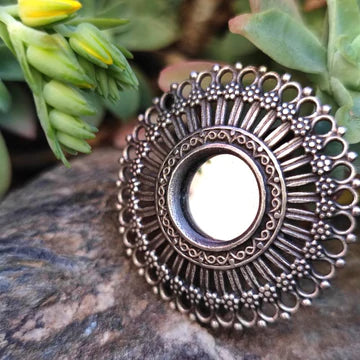
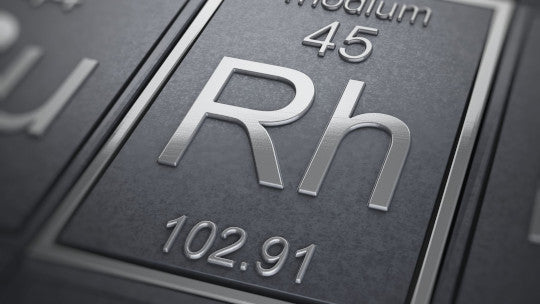
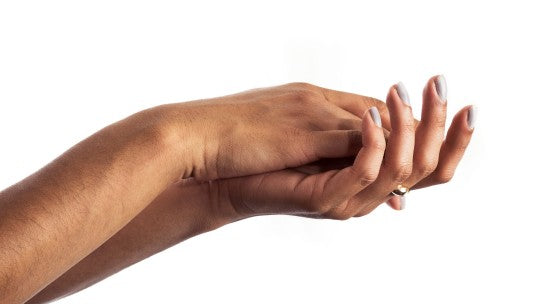
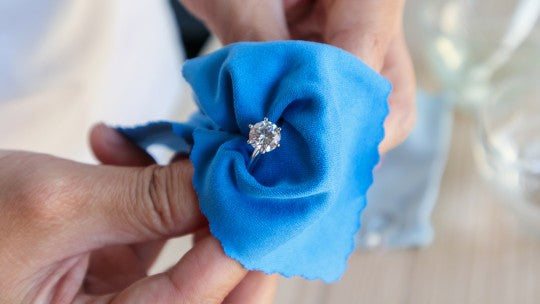
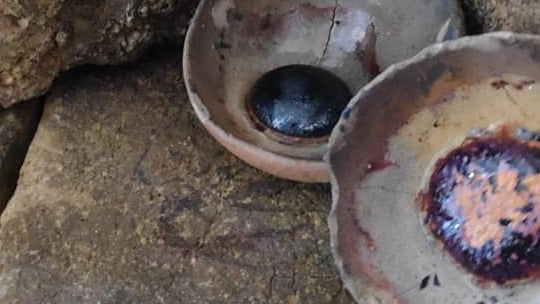
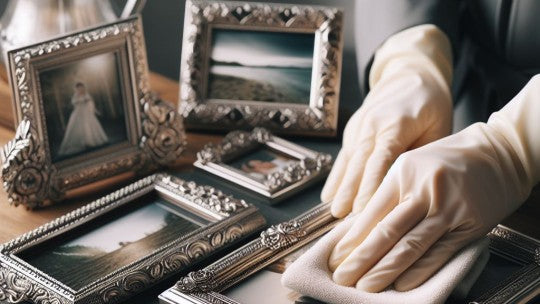
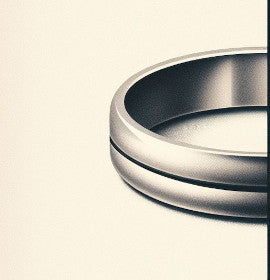
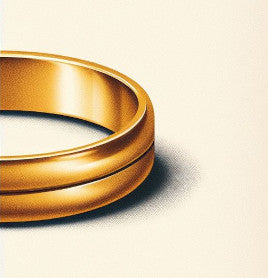
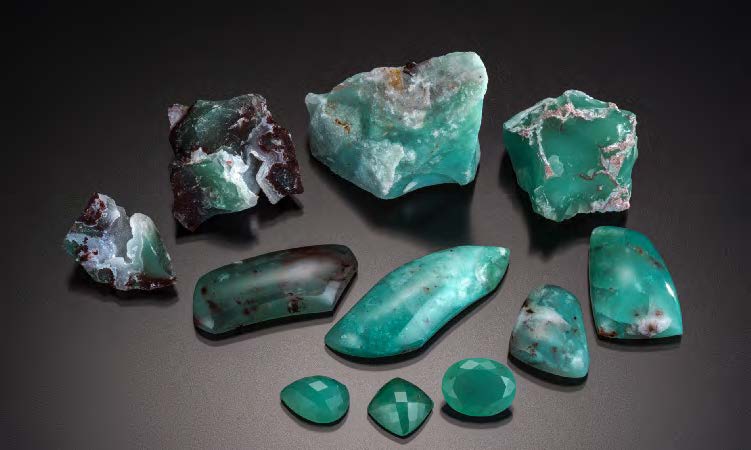
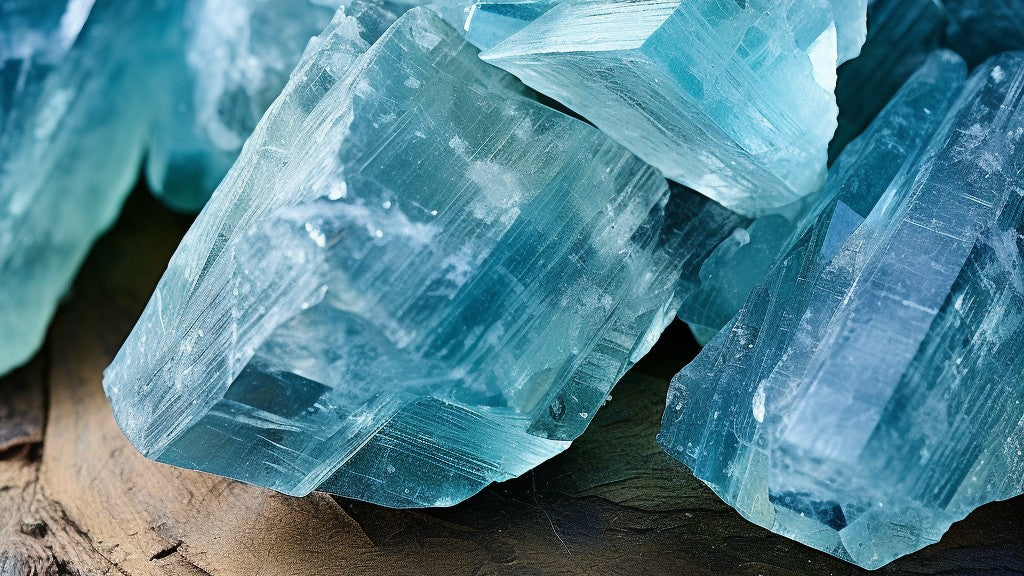
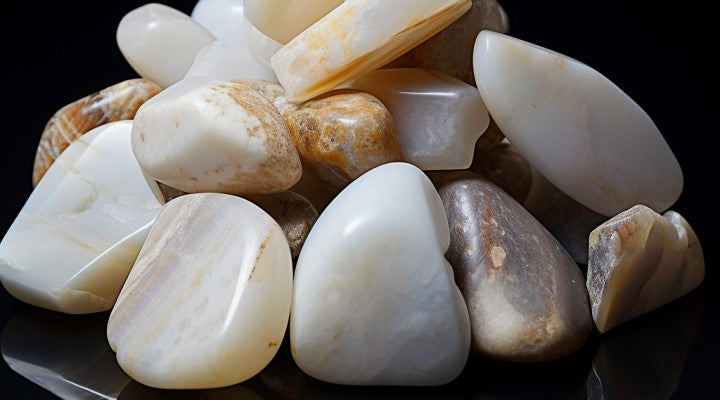
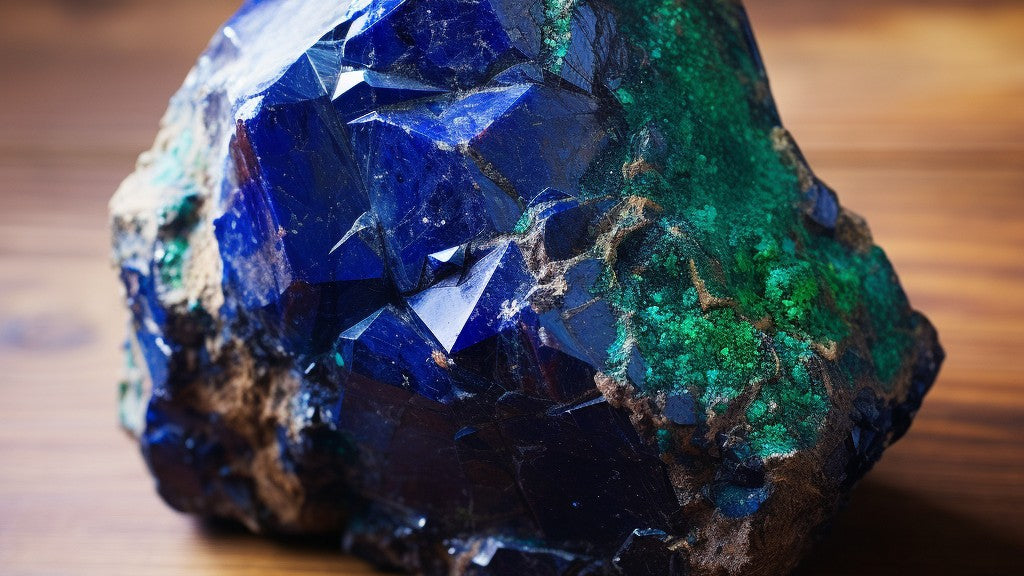
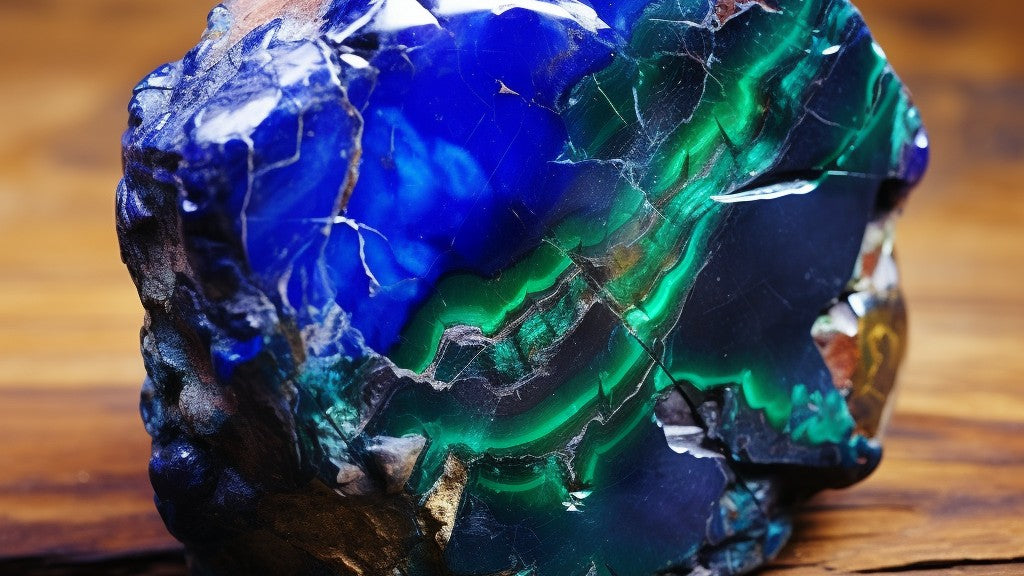
Grazie. Non pensavo ma funziona.
Incredibile. Ho seguito il suo consiglio con un artigiano orafo vicino casa mia. Funziona! – Grazie mille
Salve Barbara. Non sono un medico e quindi posso solo condividere cosa ho vissuto i ultimi quasi 30 anni con i miei clienti. Spesso è stato definito allergia qualsiasi cambiamento della pelle nella parte al contatto col gioiello.
Come già menzionato nell’articolo non ho incontrato nessuno che ha avuto la prova di essere allergico all’argento. Le verifiche che ho fatto con clienti che volevano andare in fondo al problema, risultavano che l’argento 925 pulito e non trattato non ha fatto nessun arrossamento, colorazioni strani oppure delle irritazioni alla pelle, nonostante la loro convinzione di essere allergici all’argento.
Il mio consiglio e di fare un test specifico dal suo medico e prendere le precauzioni che ho descritto nell’articolo.
Magari se può fare una descrizione più dettagliata del problema che ha si può capire qual è la causa. Ha provato di contattare chi ha venduto il bracciale?
Volevo sapere che forma ha un allergia da bracciale d’argento
Leave a comment